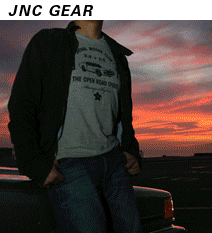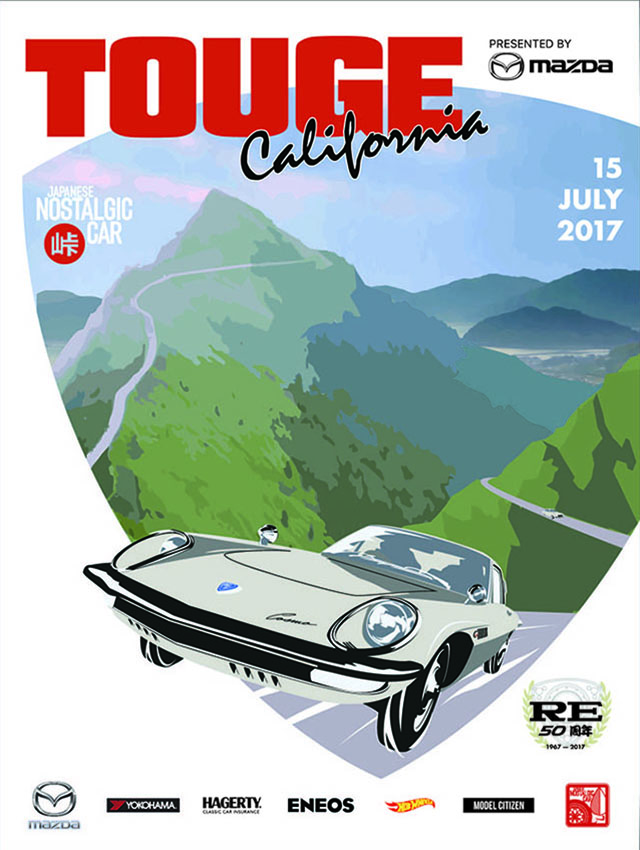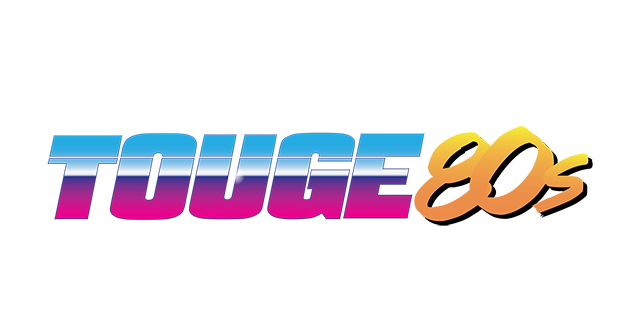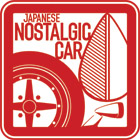Legendary motorcycle tuner Hideo “Pop” Yoshimura was recently reunited with one of the machines that changed Japan’s motorsports history. The occasion was the 70th anniversary of Yoshimura R&D’s founding, and the bike was the Honda CB72. It was the first the the bike had been shown in Japan in 60 years.

Hideo Yoshimura began tuning bikes for US servicemen at Kyushu’s Itazuke Air Base in the early 1950s. He earned a reputation for building quick bikes out of the servicemen’s BMWs, BSAs and Triumphs, and they nicknamed him Pop Yoshimura, a moniker that has stuck ever since. At the time Japan’s industry was still recovering from the war and the bikes churned out for cheap transportation were crude and lagged in quality and performance compared to the imported bikes, but that all changed when Honda introduced the Dream Super Sports CB72 in November 1960.
The 250cc CB72, also known as the Hawk in some markets, including the US, featured an overhead cam parallel-twin four-stroke at a time when the dominant British and German bikes were still using an OHV design. It had two different crankshaft options, one optimized for high-rpm operation and one optimized for low-to-mid-range. It was very tunable, and was far less expensive than the imported alternatives.
Young Japanese men flocked to the affordable bike. Soon they began racing them, and Pop Yoshimura tuned them for speed with weight reductions, new camshaft and crankshaft designs, and engine internals reportedly polished to a mirror finish. Several riders who ran in Pop Yoshimura’s circles were eventually recruited to ride for Honda’s factory team. The CB72 kicked off many a racing career and helped build a foundation for serious motorcycle — which led to auto — racing in Japan.
In 1963 the newly opened Suzuka Circuit became the country’s first paved international circuit. It had been built by Honda specifically to foster Japanese motorsports. The following year it was host to the Suzuka 18 Hours endurance race, the first motorcycle competition of its kind in Japan. Two Yoshimura-tuned bikes, a CB72 and its big brother, the 305cc CB77 (aka Super Hawk), entered the event. The team ultimately bested even the Honda factory team, catapulting Yoshimura on a trajectory of worldwide renown.
After the race a US serviceman bought the bikes and shipped them back to America. They’ve resided here for 60 years, but remained amazingly whole and well documented. Today they’re owned by John Barrett, a collector from Louisiana.
In 2022 Barrett and Pop Yoshimura’s son Fujio and his grandson Yusaku met at the Barber Vintage Motorsports Museum in Birmingham, Alabama for an emotional reunion between family and machine. At the end of the video, Barrett says it would be his dream to see the CB72 revived to running condition but with all the patina and battle scars intact.
Well, Barrett’s wish came true last week at the Suzuka 8 Hours race, where a 70th anniversary celebration of Yoshimura took place. The CB72 was shipped to Japan, where Yoshimura serviced it. The bone-stock CB72 made 24 horsepower, but the true power of the Yoshimura-tuned race bike is unknown. There was no part of the bike that hadn’t been touched, with weight reduction, an extended fuel tank, modified brakes, engine, intake and exhaust all blessed by the so-called God Hand of bikes.
Fujio Yoshimura fired it up for a demonstration run to let the glorious exhaust note sing. When Yusaku Yoshimura saw the bikes for the first time he was amazed that someone would go through the trouble to preserve and document the motorcycles that his grandfather built. Whoever bought the bikes after the 1964 race had amazing foresight, especially for a time when Japanese bikes were just beginning to garner international respect. History will remember it as an wise decision, but it raises the question, would the bikes have survived if they hadn’t been brought to America?








